Turkey has alternatives to meet own defense needs, Parliament speaker says
Turkish Parliament Speaker Mustafa Sentop says Ankara has alternative partners to meet its own defense needs, arguing that Washington has long exploited the threat of sanctions to put psychological pressure on world states.
“The US pulls the sanctions card as a threat when it has problems in regards to maintaining relations with various countries,” Sentop told the official Anadolu news agency in the North Macedonian capital city of Skopje on Sunday.
He added that the US frequent use of sanctions as a threat has made it ineffective, noting that the Senate committee’s sanctions bill against Turkey over its offensive in northeastern Syria and purchase of advanced Russian S-400 missile system will not have any impact on the Turkish economy.
Sentop highlighted that the US sanctions will not hinder Turkey's defense capacity because the country has alternatives in a diverse global system.
He went on to argue that Turkey had already faced an unofficial sanction with the US attempts to remove his country from the F-35 fighter jet program, adding that Washington has stated it would not hand over the aircraft.
“Isn't this a sanction, an embargo? Did we not see a similar case regarding drones and Patriot missiles?” he asked.
Sentop noted that Washington’s negative attitude towards Ankara led the latter to purchase Russian S-400 missile systems.
“Turkey is in the process of evaluating alternatives for the F-35s as you know,” the top Turkish legislator said, adding, “Turkey is not confined to the U.S. or any other country.”
Sentop highlighted that the US sanctions and embargo plans would not adversely affect Turkey's economy and defense industry, but would harm bilateral relations between the two countries.
Back on November 23, Turkish Defense Minister Hulusi Akar said Ankara will seek for alternative fighter jets if it cannot acquire US F-35 warplanes for any reason.
“All should be aware that Turkey will have to look for alternatives if F-35s [jets] cannot be acquired for any reason,” Anadolu news agency quoted Akar as saying at the time.
On December 11, US senators backed legislation to impose sanctions over its military offensive in northern Syria and the purchase of a Russian S-400 missile system.
The Republican-led Senate Foreign Relations Committee voted 18-4 to send the "Promoting American National Security and Preventing the Resurgence of ISIS Act of 2019" for a vote in the full Senate.
Turkish Foreign Ministry, in return, denounced the sanctions bill the following day, terming it “a new manifestation of disrespect for our sovereign decisions regarding our national security.”
Ankara and Washington have been at loggerheads over Turkey's purchase of the S-400 systems, which the United States says are not compatible with NATO defenses and poses a threat to Lockheed Martin F-35 stealth fighter jets.
Turkish Foreign Minister Mevlut Cavusglu told CNN Turk television news network in an exclusive interview in mid-September that S-400 missile systems would be activated despite repeated US warnings.
“They (US officials) told us 'don't activate them and we can sort this out', but we told them that we didn't buy these systems as a prop,” the top Turkish diplomat said, adding that Turkey would be open to buying US-made Patriot surface-to-air missile systems as well.
Turkish Foreign Minister Mevlut Cavusglu told private Turkish-language TGRT Haber television news network in an exclusive interview back on July 22 that his country would take retaliatory measures in case the United States slapped sanctions on Ankara over the Russian-made systems.
“If the United States portrays an adversarial attitude towards us, we will take retaliatory measures, as we've told them. This is not a threat or a bluff. We are not a country that will bow down to those who show an animosity towards Turkey,” he said.
The White House said on July 17 that it was no longer possible for Turkey to be involved in the program for the F-35 stealth jets after parts of S-400 began arriving in Ankara.
It also said it would impose sanctions on Turkey under the Countering America's Adversaries Through Sanctions Act (CAATSA).
The US Congress passed the CAATSA against Russia in August 2017 over allegations of interfering in the 2016 presidential election. The law, among other things, imposes sanctions on countries and companies that engage in contracts to purchase weaponry from Russia.
Moscow and Ankara finalized an agreement on the delivery of the S-400 in December 2017.
Back in April 2018, Turkish President Recep Tayyip Erdogan and his Russian counterpart Vladimir Putin said in Ankara that they had agreed to expedite the delivery of the S-400. At the time, it was said that the delivery could be made between late 2019 and early 2020.
A number of NATO member states have criticized Turkey for purchase of the S-400, arguing the missile batteries are not compatible with those of the military alliance.
They also argue that the purchase could jeopardize Ankara’s acquisition of F-35 fighter jets and possibly result in US sanctions.
The S-400 is an advanced Russian missile system designed to detect, track, and destroy planes, drones, or missiles as far as 402 kilometers away. It has previously been sold only to China and India.
Ankara is striving to boost its air defense, particularly after Washington decided in 2015 to withdraw its Patriot surface-to-air missile system from Turkish border with Syria, a move that weakened Turkey’s air defense.
Before gravitating towards Russia, the Turkish military reportedly walked out of a $3.4-billion contract for a similar Chinese system. The withdrawal took place under purported pressure from Washington.
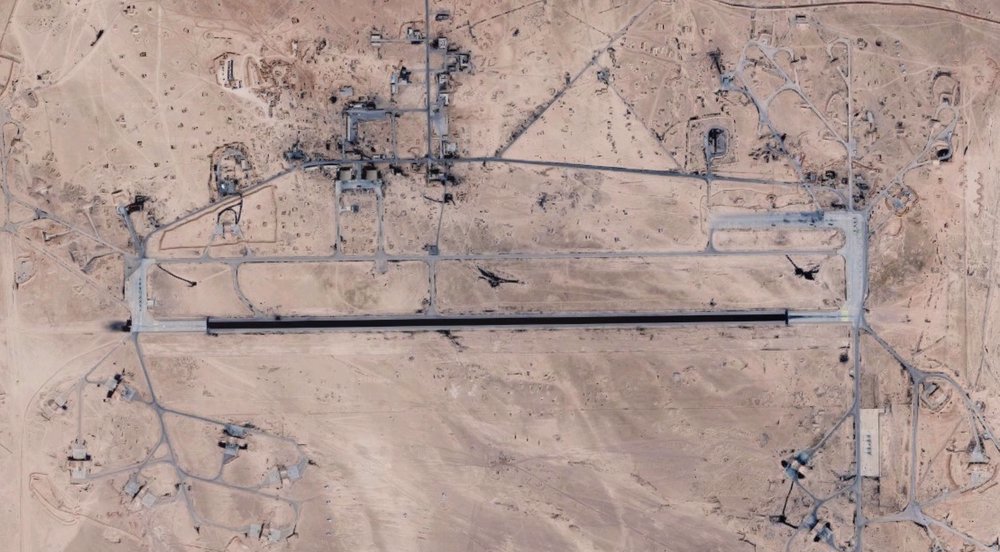
Turkey readies plans to take over Syria’s T4 airbase: Report

Hundreds of thousands rally in Istanbul to call for release of jailed mayor

Over 1,400 arrested as protests continue in Turkey despite ban
Rafah 'wiped off the map' by Israel's ethnic cleansing campaign
VIDEO | Yemen accuses US of targeting civilians in Eid airstrike
Iran posts $14.6bn trade deficit for calendar year to late March
VIDEO | Ukraine: The US U-turn that knocked out Europe
US revokes all visas held by South Sudanese passport holders
Iran embassy condemns Netanyahu’s visit to Hungary, calls Israel ‘threat to world peace’
Iran will stand up to bullying: Top general outlines Leader’s reply to Trump’s letter
US rights group slams Western countries for ‘perpetrating genocide’ in Gaza














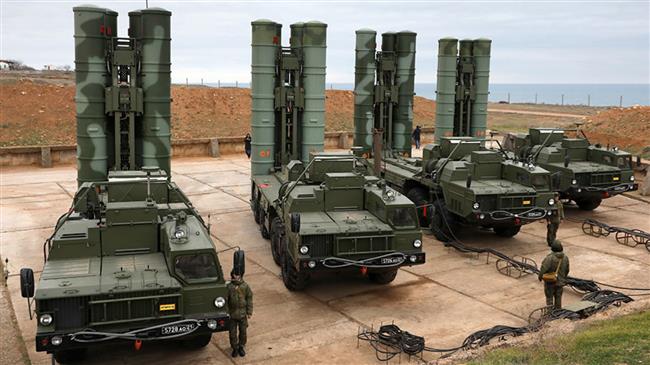
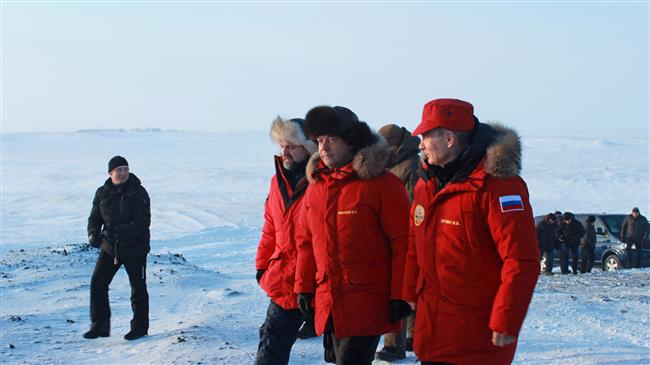
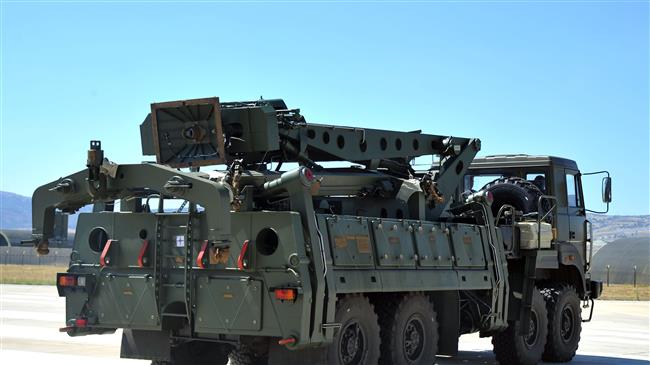
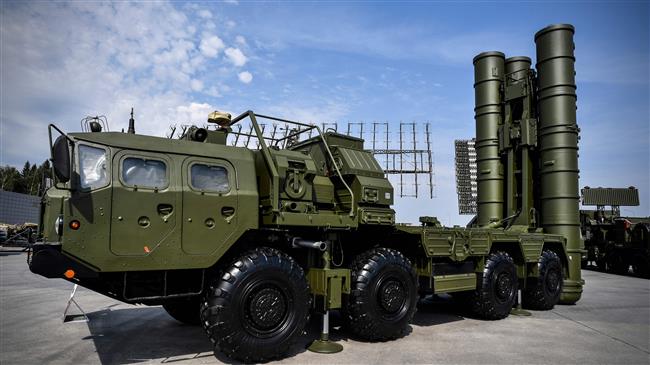
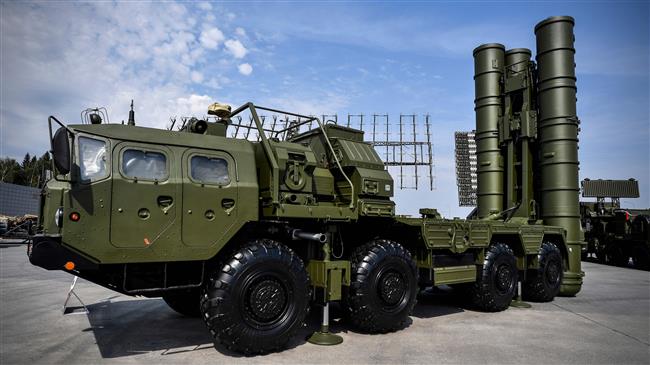






 This makes it easy to access the Press TV website
This makes it easy to access the Press TV website